Develop your public engagement skills in a friendly environment!
Our new Research Café series is underway, and we are looking for 3-4 postgraduate researchers to take part in the first PGR showcase of the series in May. These events are designed to showcase research from across BU—including arts, humanities, science, health, technology, business, and more.
Event Details:
📅 Date: Tuesday, 6 May
🕡 Time: 6:30–8:00 pm
📍 Venue: Bournemouth University Gateway Building (BGB) Café
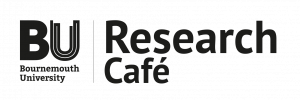
Why Participate?
- Enhance Communication Skills: Develop your ability to present complex ideas in an accessible manner.
- Engage with the Public: Share your research with a diverse audience and gain fresh perspectives.
- Receive Professional Support: Benefit from training and guidance provided by our experienced Public Engagement Team.
- Boost Confidence: Build confidence in public speaking and research dissemination.
What to Expect:
Shifting away from traditional slide-based presentations, this event encourages engagement and interaction. You’ll deliver a short talk about your research, followed by an interactive discussion where you can engage with the audience and answer their questions.
How to Get Involved
- Complete a short form to express your interest and tell us a bit about your research.
- If selected, you will receive guidance on developing an engaging talk for a public audience.
- The Public Engagement Team will organise and promote the event to local public audiences. We will support you every step of the way—from refining your talk to helping with logistics on the day.
Apply Now
If you’re interested in taking part, please complete this form.
🕔 Application deadline: Friday, 14 March, 5:00 pm.
Please note: Completing this form does not guarantee a place in the event. We will be in touch to discuss your interest further.
For any questions, please contact the Public Engagement with Research Team at publicengagement@bournemouth.ac.uk.
What Previous Participants Had to Say
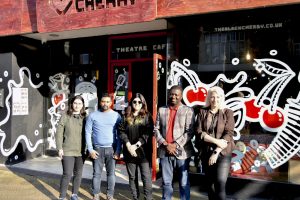
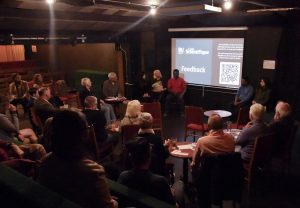
PGRs who took part in last year’s Café Scientifique event found the experience immensely rewarding:
“It was so helpful and improved my presentation. The feedback helped to make it better.”
“I realised that not only scientists, but the public also are extremely interested in the research we are doing. It is a major motivation I have taken from doing this event.”
“I thoroughly enjoyed presenting my research during the Café Scientifique. To be honest, I was nervous before and didn’t expect the community here to be so welcoming and passionate about research.”
Contact Us
For any questions, please reach out to the Public Engagement with Research Team at publicengagement@bournemouth.ac.uk.
We look forward to your participation in making our First Research Café PGR Session a memorable and successful event!
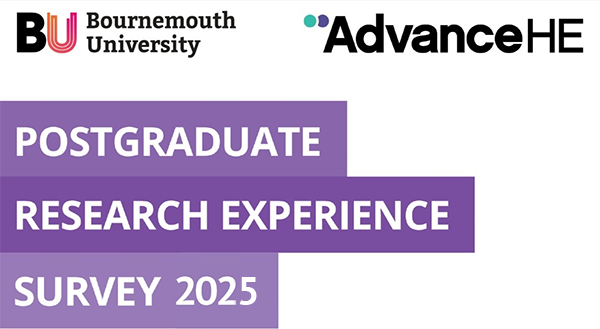
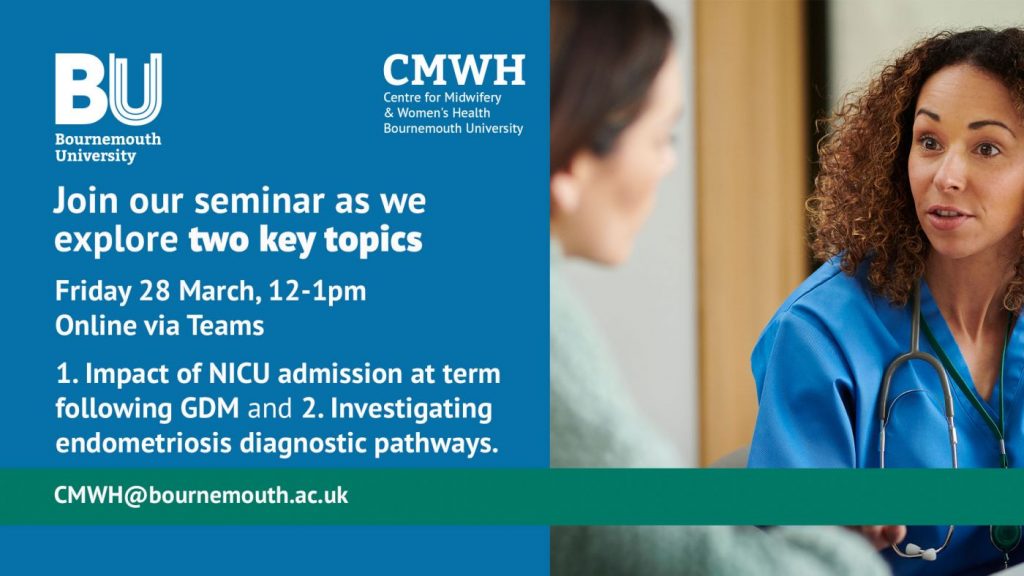
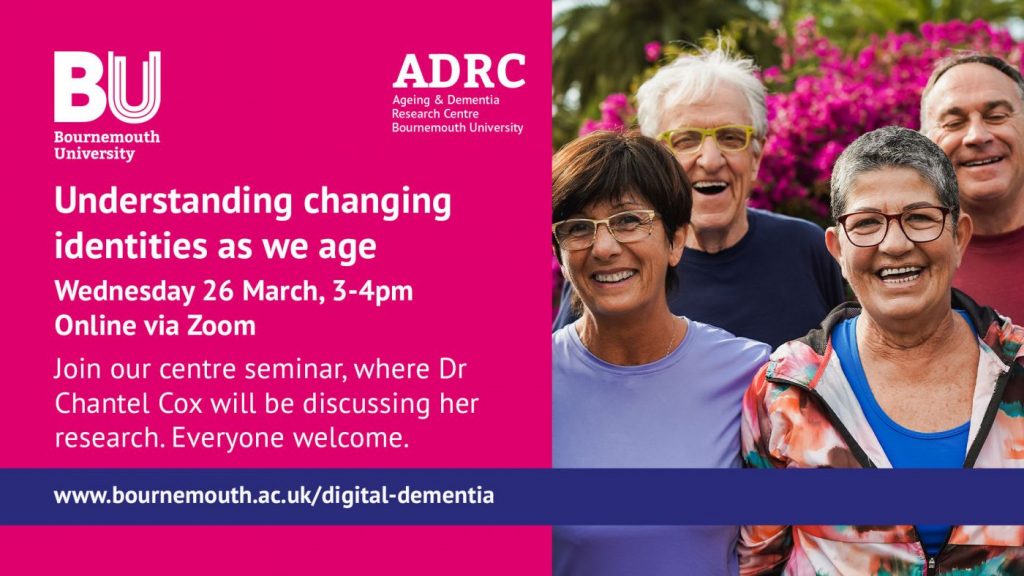


 Being Human
Being Human
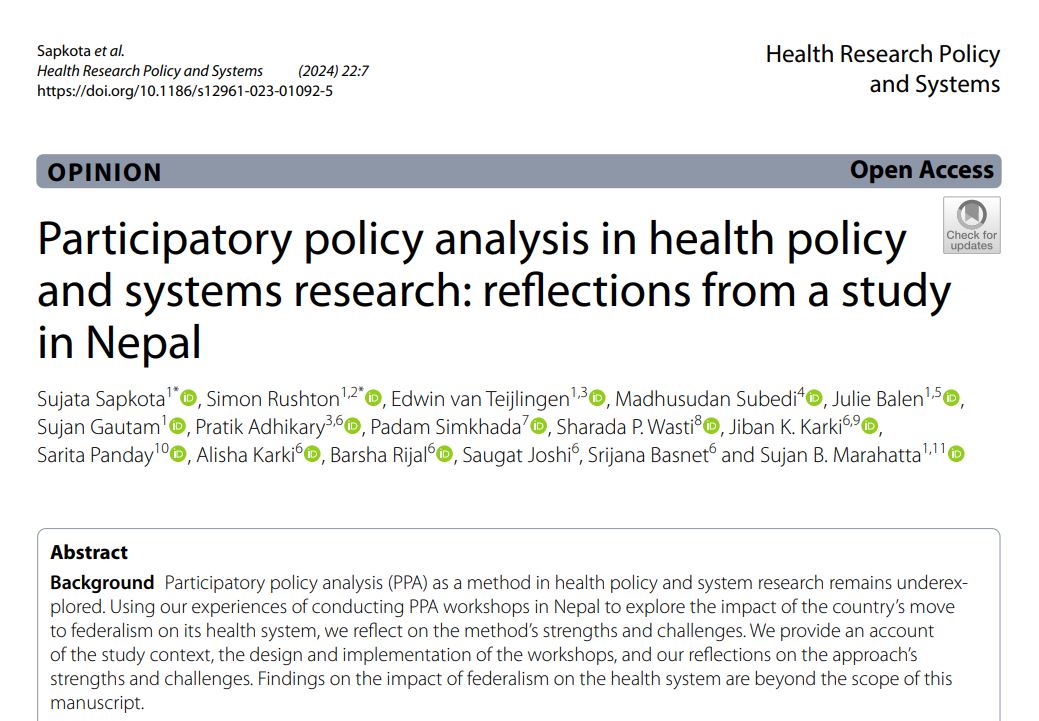
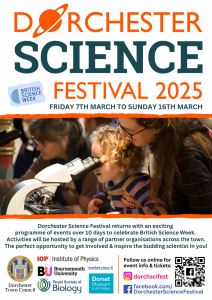
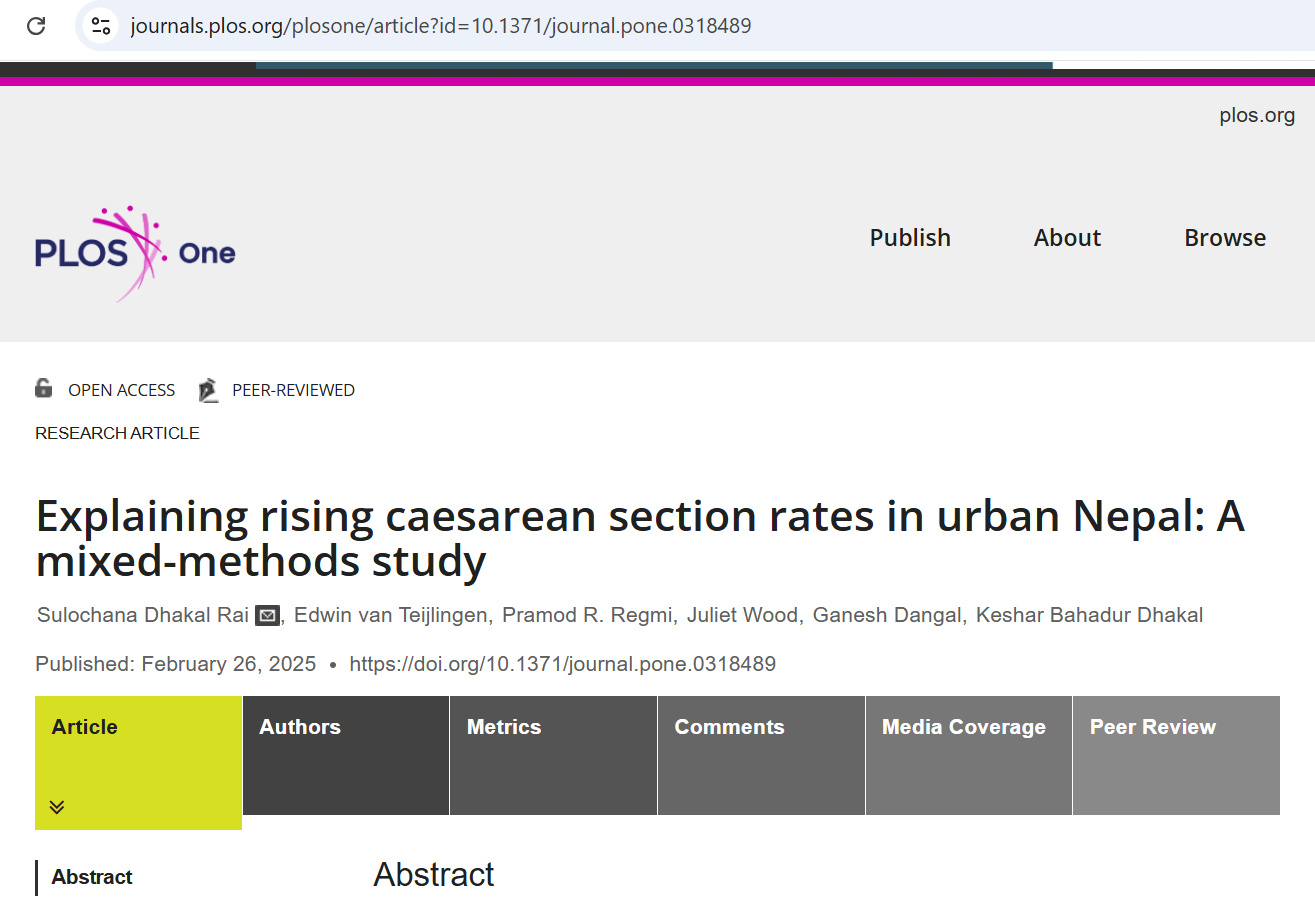
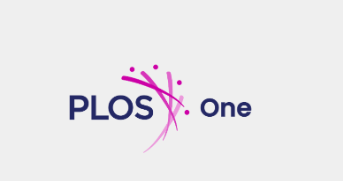



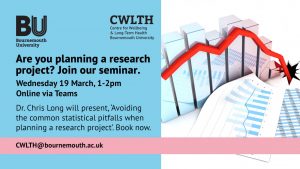

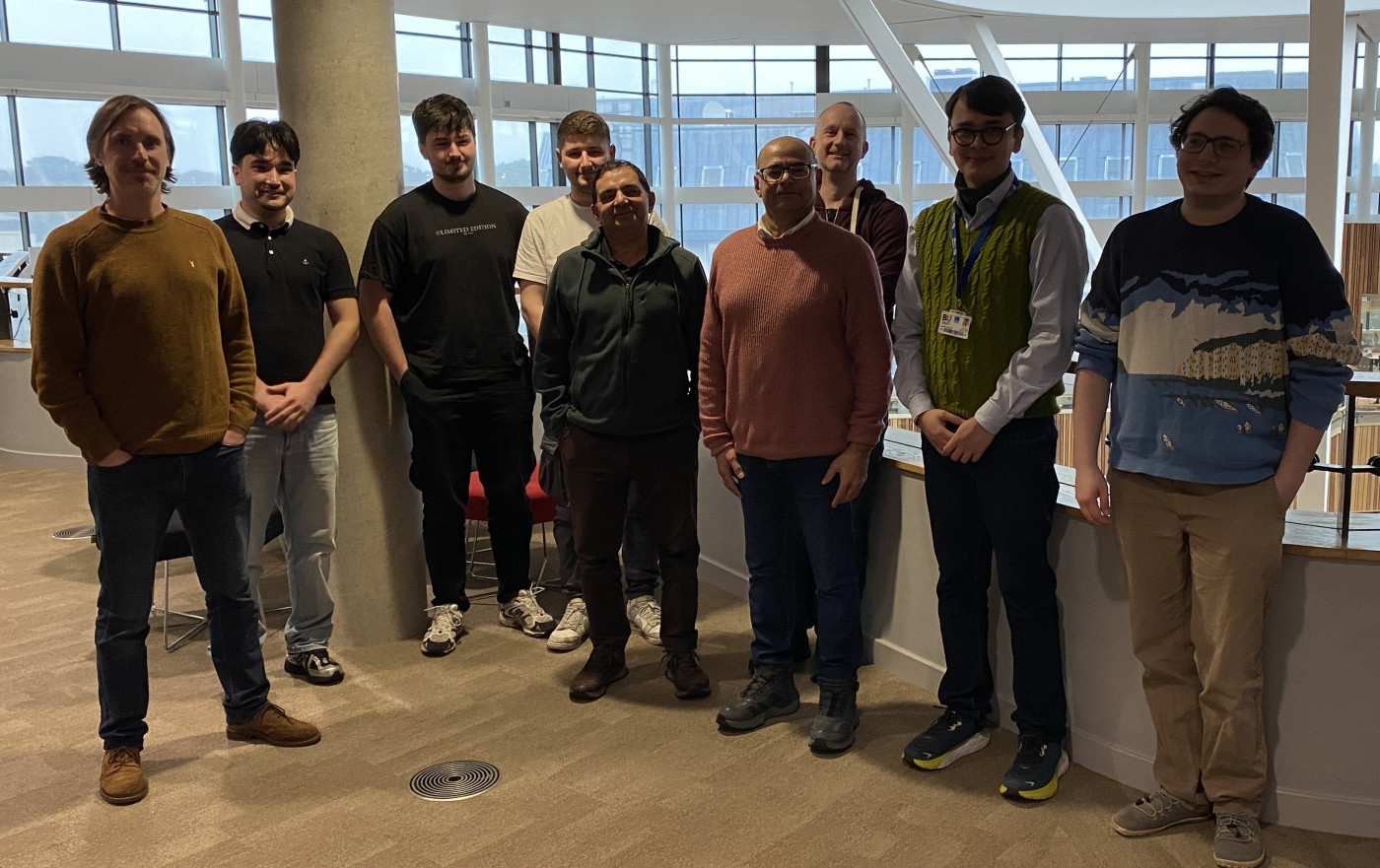

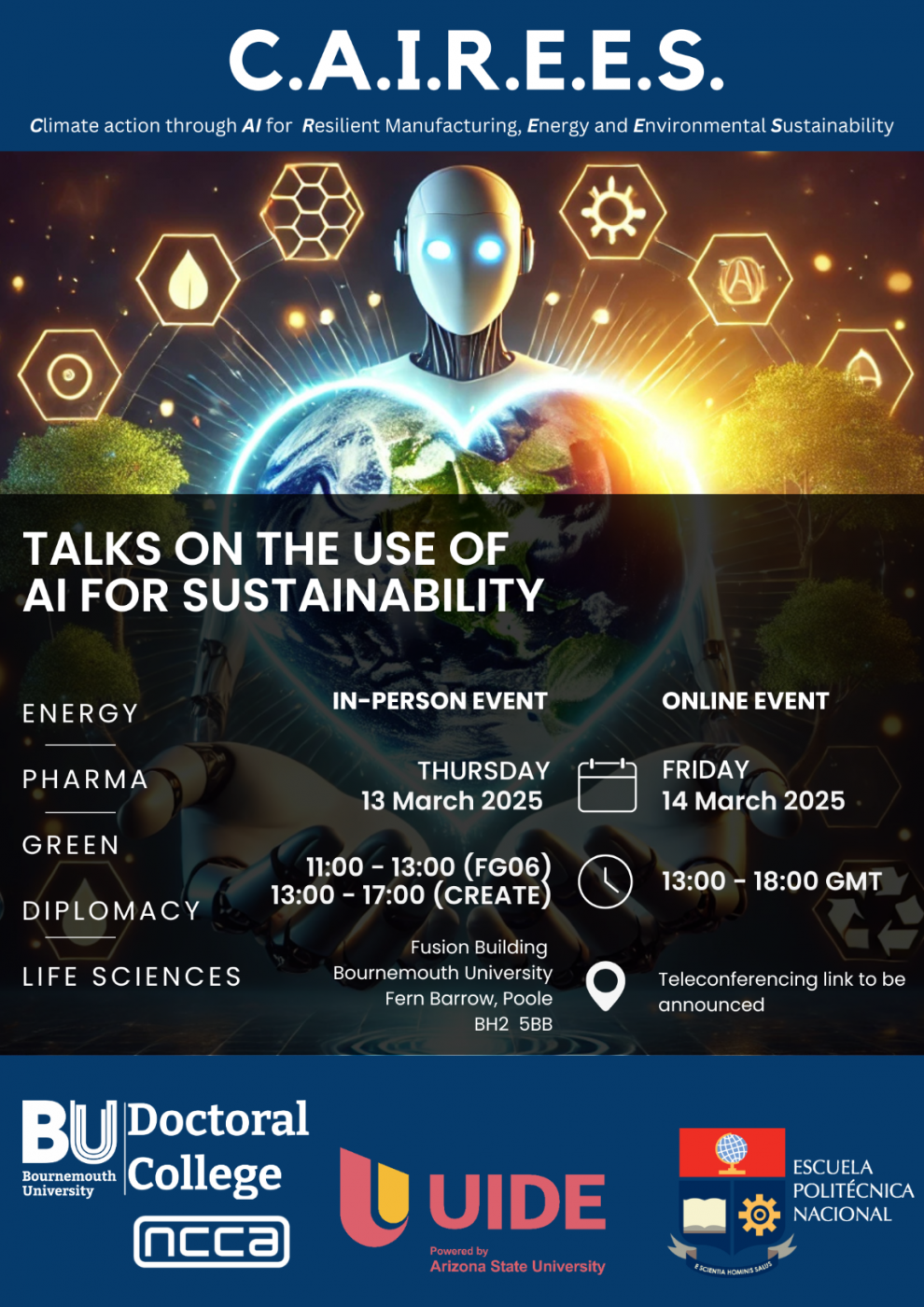
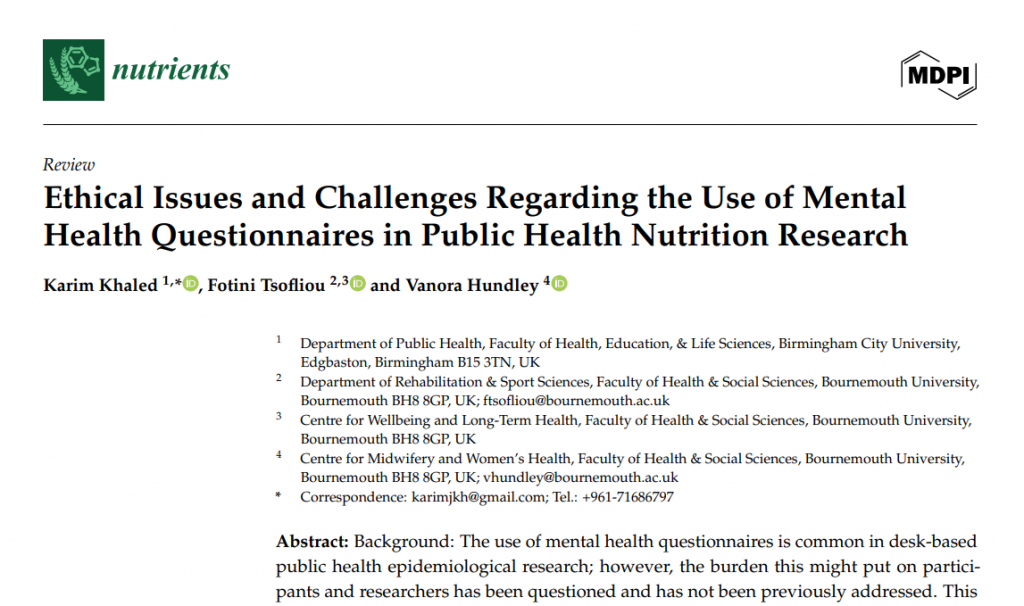
 Preventative measures to reduce these challenges include choosing appropriate cut-off scores for correctly identifying participants; highlighting whether mental health questionnaires used may elicit negative emotional or psychological reactions related to suicide ideation; specifying the criteria for referral to clinical services; detailing the intended referral processes; including approaches where the researcher directly connects participants with a psychological service provider; and including a passive referral method such as contact details for participants to initiate their own referrals to clinical care. The authors offer a guide for researchers aiming to collect data on mental health through questionnaires, and they conclude that ethical challenges should be considered and reviewed at all stages of the research project.
Preventative measures to reduce these challenges include choosing appropriate cut-off scores for correctly identifying participants; highlighting whether mental health questionnaires used may elicit negative emotional or psychological reactions related to suicide ideation; specifying the criteria for referral to clinical services; detailing the intended referral processes; including approaches where the researcher directly connects participants with a psychological service provider; and including a passive referral method such as contact details for participants to initiate their own referrals to clinical care. The authors offer a guide for researchers aiming to collect data on mental health through questionnaires, and they conclude that ethical challenges should be considered and reviewed at all stages of the research project.










 REF Code of Practice consultation is open!
REF Code of Practice consultation is open! BU Leads AI-Driven Work Package in EU Horizon SUSHEAS Project
BU Leads AI-Driven Work Package in EU Horizon SUSHEAS Project Evidence Synthesis Centre open at Kathmandu University
Evidence Synthesis Centre open at Kathmandu University Expand Your Impact: Collaboration and Networking Workshops for Researchers
Expand Your Impact: Collaboration and Networking Workshops for Researchers ECR Funding Open Call: Research Culture & Community Grant – Apply now
ECR Funding Open Call: Research Culture & Community Grant – Apply now ECR Funding Open Call: Research Culture & Community Grant – Application Deadline Friday 12 December
ECR Funding Open Call: Research Culture & Community Grant – Application Deadline Friday 12 December MSCA Postdoctoral Fellowships 2025 Call
MSCA Postdoctoral Fellowships 2025 Call ERC Advanced Grant 2025 Webinar
ERC Advanced Grant 2025 Webinar Update on UKRO services
Update on UKRO services European research project exploring use of ‘virtual twins’ to better manage metabolic associated fatty liver disease
European research project exploring use of ‘virtual twins’ to better manage metabolic associated fatty liver disease